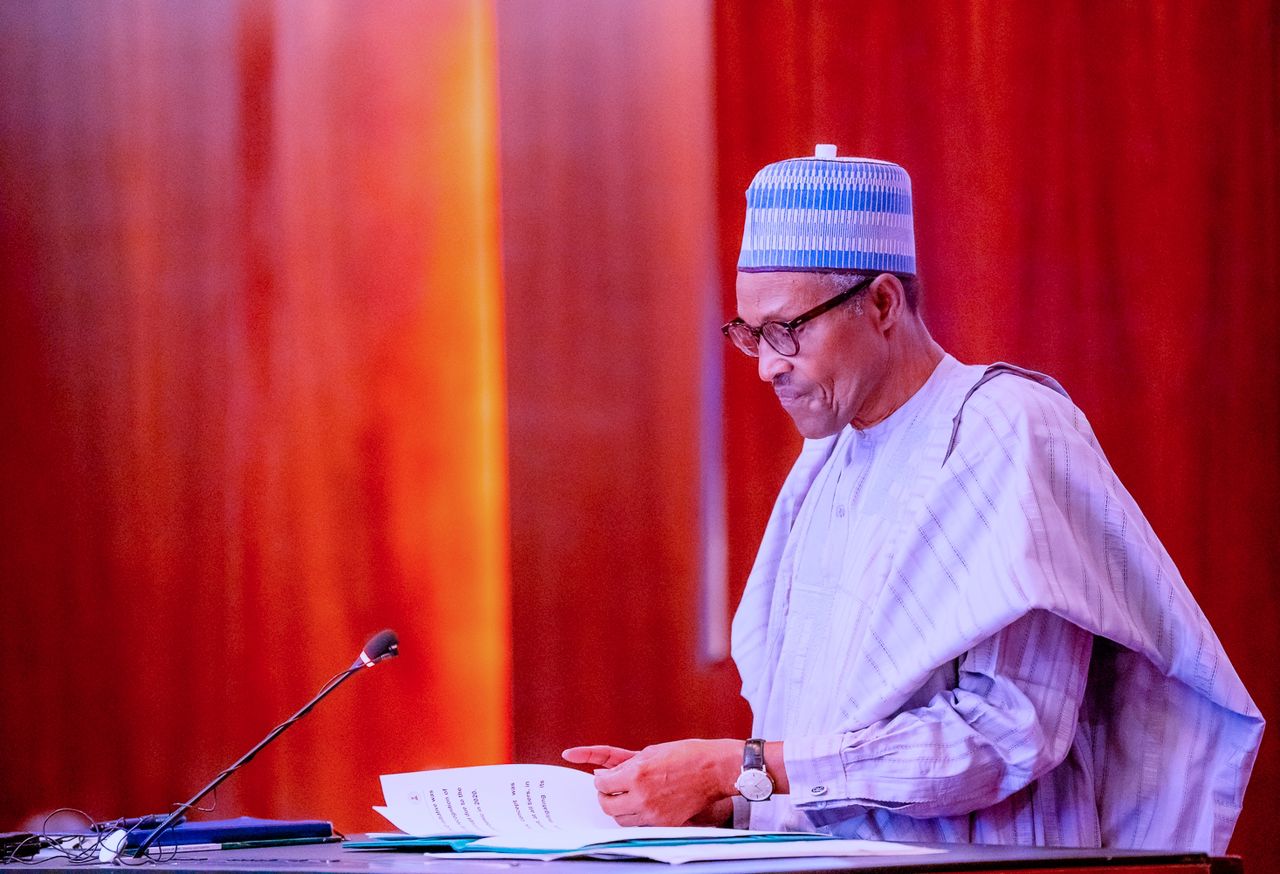
The President, Major General Muhammadu Buhari (retd), on Monday, said the Federal Government under his watch made over N203bn from the sale of petroleum prospecting licenses to 161 firms in its last marginal fields bid round.
“We implemented a marginal fields bid round and saw to the conclusion of the process which resulted in the award of Petroleum Prospecting Licenses to 161 successful firms with the Federal Government raking in about N200bn as well as $7m from the process,” Buhari revealed this when he spoke at the opening ceremony of the sixth edition of the Nigeria International Energy Summit at the State House, Abuja.
Marginal fields are smaller oil wells situated onshore or in shallow water bodies and are usually developed by local companies.
In June 2022, 10 months after the President signed the Petroleum Industry Act, the newly-formed Nigerian Upstream Petroleum Regulatory Commission said more than two-thirds of the licensees had fully paid for their permits.
NUPRC issued the licences despite a court ruling in May 2022, restraining the government from issuing the licences due to a pending legal battle with local chiefs of the oil-rich South-South.
Buhari also said his regime created a conducive environment for businesses to thrive saying “My administration took the issue of ease of doing business very serious and we created the conducive environment for businesses to thrive.”
“You don’t have to take my word for it but many of the biggest businesses that came on stream in the lifetime of my administration are backing up this fact.
“The $5bn NLNG Train 7 project is one of such. It is one of the most ambitious construction projects in Nigeria. Upon completion, the Nigeria LNG Train 7 project will increase the NLNG Terminal production capacity by 35 per cent from the current 22 Metric Tons per annum to 30 Metric Tons per annum,” he added.
According to the President, signing the Petroleum Industry Bill into law remains his “biggest achievement in the energy sector.”
He explained, “For decades, we were told that because of the various vested interest, it would be near impossible to pass the bill. But we made it happen.
“We moved swiftly into action, scrapped the existing agencies and replaced them with the New Regulators; the Nigerian Upstream Petroleum Regulatory Commission and the Nigerian Midstream and Downstream Petroleum Regulatory Authority.




